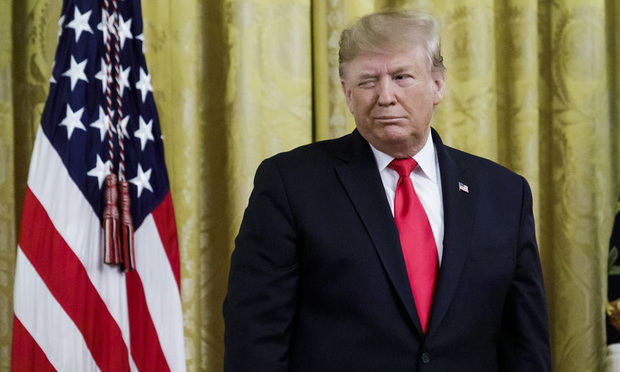In an attempt to forestall the House’s impeachment proceedings, President Donald Trump has released summaries of calls with the Ukrainian president that he claims exonerate him. The main defense of Trump and his supporters continues to be that there was no quid pro quo: he did not expressly condition Ukraine’s continued receipt of American foreign aid to defend against Russian aggression on an agreement by its president to criminally investigate the Bidens.
While the impeachment proceedings aim to determine whether or not such a threat was indeed made—and presumably would constitute grounds for charging an abuse of powers by Trump—it is worth noting that such a defense is becoming alarmingly commonplace. It echoes the president’s main rejoinder to the Robert Mueller investigation regarding Russian interference with the 2016 elections: that although he may have sent strong signals welcoming such meddling, there was never any collusion with respect to it. In other words, Trump and his campaign never expressly agreed to Russian efforts to help him get elected, particularly in exchange for any favorable treatment Russia would receive if he won.


 President Donald Trump speaks during an event held in the East Room of The White House to commemorate a record of judicial confirmations by the Republican-controlled Senate, on Nov. 6, 2019.
President Donald Trump speaks during an event held in the East Room of The White House to commemorate a record of judicial confirmations by the Republican-controlled Senate, on Nov. 6, 2019.





